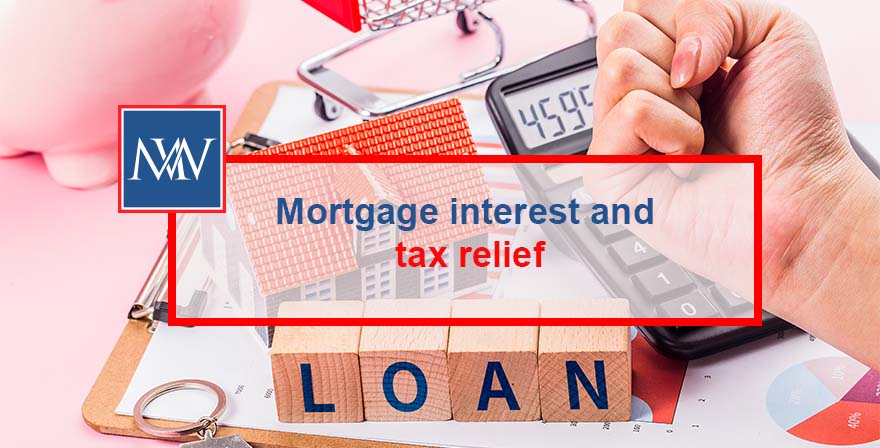
Mortgage interest and tax relief
Many landlords purchase their investment properties with the aid of a mortgage. In the current climate of rising interest rates, landlords may be wondering whether any tax relief is available to help them. While tax relief is available for interest and finance costs (but not capital repayments), the nature of the relief depends on the type of let. The relief may also be capped if the landlord has extended the mortgage since first letting the property.
No tax relief is available for interest on a loan to buy a main residence.
General rule
Regardless of the type of let, the general rule is that tax relief is available for interest and finance costs on borrowings up to the market value of the property at the time that it was first let. The borrowings do not have to be secured on the let property – the landlord can release equity from their main home and use this to buy the let property and still claim tax relief for the associated interest.
To take advantage of rising house prices, the landlord may remortage a property to release equity to use as a deposit to expand their property portfolio. However, from a tax relief perspective, problems arise if the borrowing exceeds the value of the property when first let as relief is only available on borrowings up to that level. Interest paid on borrowings in excess of this does not qualify for relief.
Example
Julie bought an investment property many years ago for £100,000, letting it immediately. The property is now worth £500,000 and Julie has released equity to expand her portfolio. The mortgage is currently £400,000. Julie is only eligible for tax relief on borrowing of £100,000; no relief is available for the interest payable on the remaining £300,000.
Residential lets
Stricter rules govern the tax relief that is available to unincorporated landlords letting residential properties. Here, relief is given as a tax deduction equal to 20% of the interest and finance costs (capped at the tax due on the rental profits). The landlord cannot deduct the interest and finance costs when calculating the taxable profits. This means that where the landlord is a higher or additional rate taxpayer, they do not get relief at their marginal rate of tax. The relief is capped at 20%.
Other lets
The rules applying to non-residential lets, including furnished holiday lettings, and to companies (regardless of the type of let) are more generous. Interest and finance costs can be deducted in full when calculating taxable profits, ensuring relief is given at the landlord’s marginal rate of tax.
Need Accountancy Support?
For information on bespoke training, or if you have any other questions for Makesworth Accountant, please fill in your details below




















 150
150